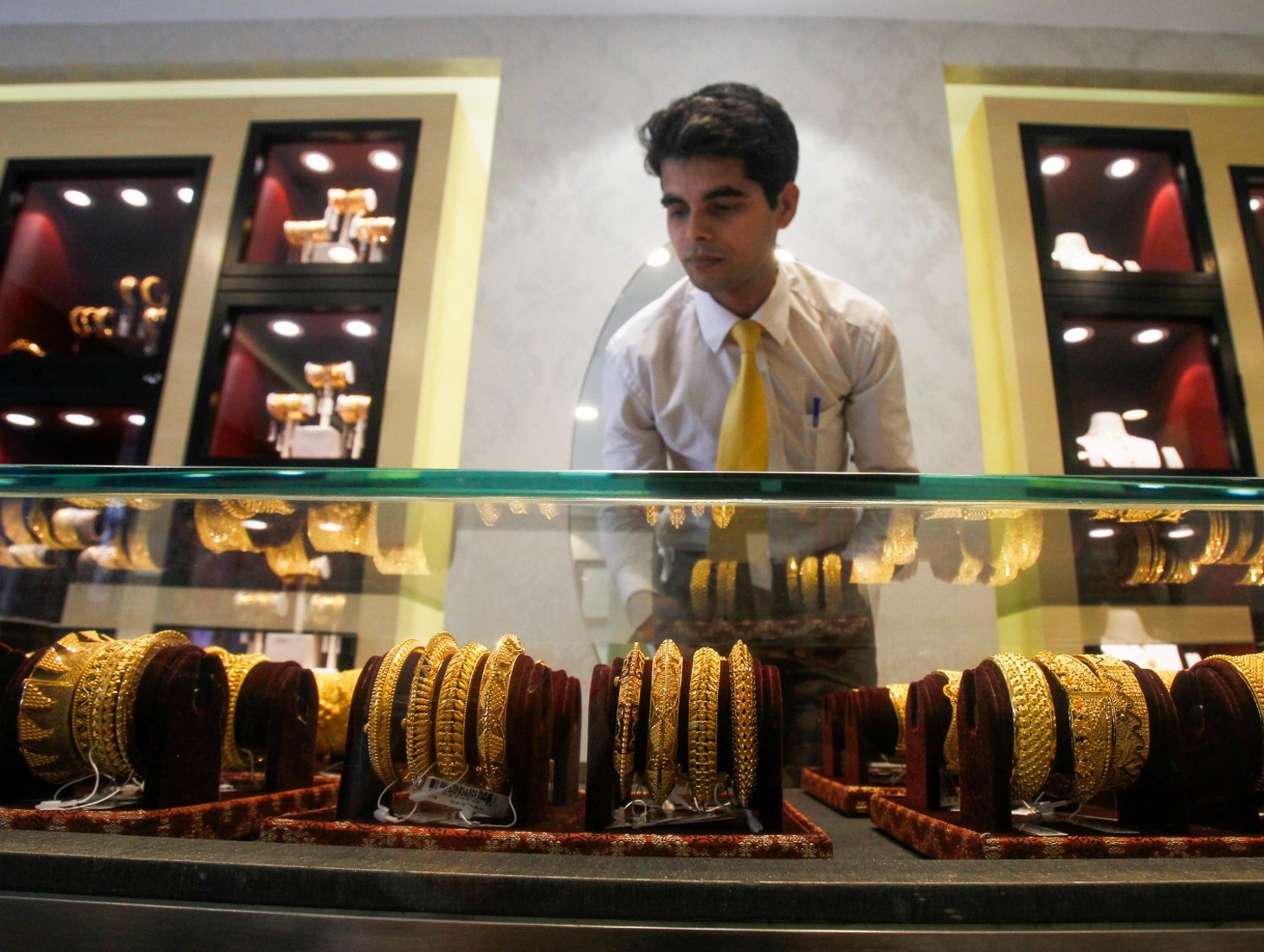PresVu Approved Amidst Mixed Reactions
Bhawna Thakur
North News
Chandigarh, September 6
India’s drug regulatory body has given the green light to the country’s first eye drop that can potentially replace reading glasses. Developed by Mumbai-based Entod Pharmaceuticals, the product named ‘PresVu’ will be available nationwide next month for Rs 350. PresVu is designed to treat presbyopia, a common age-related vision issue that affects those over 40, the news outlet The Hindu reported.
Entod Pharmaceuticals received final approval from the Drug Controller General of India (DCGI) for PresVu. This breakthrough aims to reduce the need for reading glasses for individuals with presbyopia. According to the news outlet, CEO Nikkhil K. Masurkar expressed, “PresVu is the result of years of dedicated research and development. This DCGI approval is a significant milestone in our mission to revolutionize eye care in India. PresVu is more than just a product; it represents a solution that offers millions enhanced visual independence. We are proud of our commitment to innovation and accessible healthcare solutions.”
However, experts are cautioning that PresVu is a temporary fix. Pilocarpine eye drops, used for glaucoma treatment for over 75 years, create a pinhole effect that helps with reading but is not a permanent solution. Dr. Charu Kashyap, Senior Consultant at Max Hospital Saket, New Delhi, noted, “Spectacles remain the perfect solution for reading problems.”
Prof. S. Pandav, head of the Advanced Eye Centre at PGIMER, Chandigarh, told The Indian Express that while Pilocarpine can be beneficial for some, it is not suitable for all cases of presbyopia. “This new formulation uses a lower dose to minimize side effects, but these cannot be entirely ruled out. Side effects are generally mild and tolerable in the short term, but long-term use may lead to adverse effects on eye muscles and structures,” he said.
Dr. Ashok Sharma, MS in Ophthalmology at PGI Chandigarh, pointed out that the drops have a short-term effect. “One drop in the morning lasts for about four to six hours. Another drop in the afternoon can improve near vision for the rest of the day. It is not a permanent solution,” he added.
















